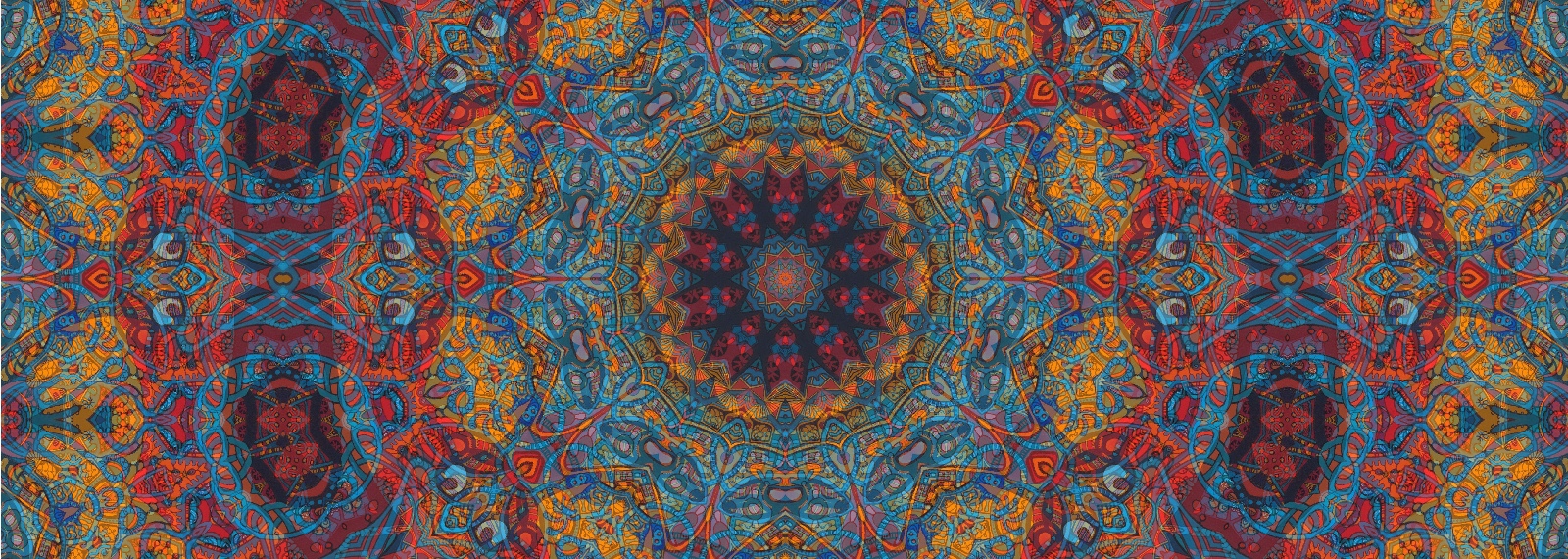Episodes

Saturday Apr 28, 2018
LAOTZU 12
Saturday Apr 28, 2018
Saturday Apr 28, 2018
This podcast deals with Chapters 18, 19 and 20 of The Tao Te Ching. In these chapters, Lao Tzu extols the virtue of alignment with the Tao for individuals and society. Simplicity is the way, he says, to come into that alignment. Instances of misalignment are consumerism, over-sophistication and acquisitiveness. Again, the character of the sage-leader is explored. [Free. 42 minutes.]
![REMARKS ON US/UK/FRANCE MISSILE STRIKES ON SYRIA [14TH APRIL 18]](https://pbcdn1.podbean.com/imglogo/image-logo/771447/hyradiologobig2_300x300.png)
Sunday Apr 15, 2018
REMARKS ON US/UK/FRANCE MISSILE STRIKES ON SYRIA [14TH APRIL 18]
Sunday Apr 15, 2018
Sunday Apr 15, 2018
In this podcast I question the legitimacy the UK government's decision to join with France and the USA in attacking Syria with missiles without Parliamentary debate and without clear evidence of the presence of the chemical warefare agents that were the alleged target. I draw attention to the fact that the UK state is complicit in supplying arms to dictators, which though 'legal', cause horrible human suffering just as efficiently as chemical warefare agents. [Free. 38 minutes.]

Monday Feb 19, 2018
LAO TZU 11
Monday Feb 19, 2018
Monday Feb 19, 2018
This podcast deals with Chapters 16 and 17 of the Tao Te Ching. Lao Tzu revisits the character of the sagacious ruler who is rooted in contemplation, this time drawing on a metaphor of plant growth and nuture by deep roots. Not only is contemplation to be nurtured by our roots in the earth, but the sage should quietly nurture those around him. This leads on to considerations of styles of government of which a pure anarchism is evaluated as the most desirable. We suggest that this would only be possible for a population deeply rooted in contemplation of nature and its underpinning processes and cycles. [Free. 23 minutes.]

Sunday Feb 11, 2018
POSTMODERNISM: A FEW REMARKS
Sunday Feb 11, 2018
Sunday Feb 11, 2018
In this podcast, I draw attention to the way in which the term 'postmodernism' has become a derogatory term. I attempt to clarify and rehabilitate it by unpacking J. F. Lyotard's addage that 'postmodernism is suspicion towards grand narratives'. [Free. 27 minutes.]

Tuesday Jan 30, 2018
LAO TZU 10
Tuesday Jan 30, 2018
Tuesday Jan 30, 2018
In this podcast, we discuss Chapter 15 of the Tao Te Ching in which Lao Tzu delineates the character of an ideal ruler. For Lao Tzu, this ruler, though a politician, is deeply grounded in meditation and oneness with the Tao. [Free. 29 minutes.]

Monday Jan 22, 2018
THE USES AND ABUSES OF THE CONCEPT OF NATURE
Monday Jan 22, 2018
Monday Jan 22, 2018
In this podcast, I consider the concept of nature and its ideological uses in justifying inequalities of wealth and power in ordinary discourse. I find that its use in the form of 'state of nature' arguments in political philosophy is also ideological as is the idea of human nature in most of its articulations. I suggest the concept can have a less ideological use for helping us picture our situation. In this positive use, nature is understood as a complex system which embeds the human being and culture which are themselves systems. [Free. 33 minutes.]

Friday Jan 12, 2018
ON INVENTION: THE CASE OF DISTRIBUTED LEDGER TECHNOLOGY
Friday Jan 12, 2018
Friday Jan 12, 2018
In this podcast, I draw attention to the question of the role of technological innovation in social, cultural and economic change. This leads to a consideration of various aspects of distributed ledger technology, including the internet of things, crypto-currency and blockchain. [Free. 40 minutes.]

Monday Dec 11, 2017
ON BOUNDARIES
Monday Dec 11, 2017
Monday Dec 11, 2017
In this podcast I discuss the boundaries that demark the concepts we use and the 'things' that we perceive. I draw on the chapter entitled 'The Will to Power as Knowledge' from Nietzsche's Will to Power. I suggest that a certain moveability of boudaries provides us with analytic and hermeneutical tools. Other philosophers I draw on are Smullyan and Kolakowski. I also suggest that this discussion underscores the significance of the Dionysian. This podcast provides some of the background for Lao Tzu: Part Nine which is to be released shortly. [Free. 28 minutes.]

Saturday Sep 23, 2017
TRUST
Saturday Sep 23, 2017
Saturday Sep 23, 2017
This podcast is a meandering analysis of trust, starting with the question 'What does it mean when I say, "I trust you."?'. It covers considerations of character, predictability, and behaviour which lead on to a criticism of behaviourism and a phenomenological analysis of the ways we appraise character. The role of trust in exchange, promising and social organisation is outlined with a nod towards Nietzsche's polemical considerations of 'the mnemotechnics of pain'. A picture of our culture as a culture of mistrust emerges and this is illuminated by a tiny story conncocted by Wittgenstein. I also consider the atom of trust which is a possible relationship between two individuals. I conclude that trust takes a leap of faith, and though it might be irrational, life without it is barren. [Free. 35 minutes.]
![LEFT-RIGHT: PART TWO [COSMOPOLITANISM, ETHNO-NATIONALISM, HEIDEGGER, NIETZSCHE]](https://pbcdn1.podbean.com/imglogo/image-logo/771447/hyradiologobig2_300x300.png)
Saturday Sep 09, 2017
LEFT-RIGHT: PART TWO [COSMOPOLITANISM, ETHNO-NATIONALISM, HEIDEGGER, NIETZSCHE]
Saturday Sep 09, 2017
Saturday Sep 09, 2017
In this podcast I compare and contrast cosmopolitanism with ethno-nationalism. I discuss the use of Heidegarian tropes by alt-right ideologues to justify their stance which regards cosmopolitanism as the cause of all the ills of the modern world. I show how this move is easily countered and that Heidegger's view of 'the self' can actually be used to counter the notion that cosmopoitanism leads to the modern carelessness with the environment and 'rootlessness'. What is missing from the alt-right reading of the Heideggarian human 'self', I argue, is the questioning nature of this 'self' which in turn leads to the yoga questions: 'Who and what am I?'. At the very least, if we are honest with ourselves, the answer is that of Diogenes the Cynic: 'I am a citizen of the world'. At the same time, the beauty of one's particularity is revealed, even as one might rhapsodically experience oneness with everything. I trace some of this path of thought through a brief discussion of Heidegger's relationship to Nietzsche, to whom he dedicated four thick volumes of reflection and criticism. [Free. 43 minutes.]

